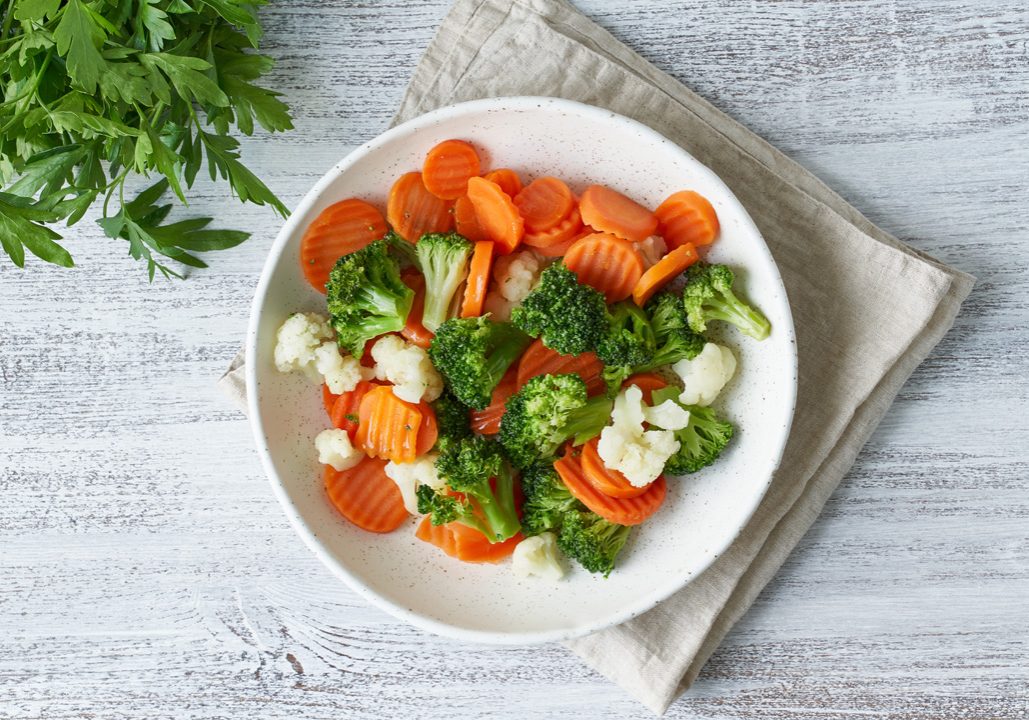
Good gut heath
Causes of irritable bowel syndrome (IBS) and natural ways to find relief from your symptoms. By Helen Ross
If you struggle with painful and sometimes embarrassing symptoms from IBS (irritable bowel syndrome), you might be wondering what has caused your digestive distress, and what you can do to get relief. While there are many ways to find short-term relief from your symptoms, uncovering the root cause is essential in being able to find lasting relief or eventual closure of your IBS.
What is IBS?
IBS is the most common functional gastrointestinal disorder and is actually a diagnosis of exclusion. This means that other problems such as Ulcerative Colitis, Crohn's disease and Coeliac disease have been ruled out. Up to 15% of people are affected by IBS worldwide, with more women being affected than men. Some statistics show that 1 in 5 people in the UK has IBS, with up to six episodes a year. Symptoms such as stomach cramps and pain, bloating, diarrhoea, and constipation are most commonly experienced, and recent studies are showing that anxiety and depression can also be closely linked to IBS. The symptoms can range from mild to severe and can have a huge negative impact on the quality of life of those affected.
Conventional treatments mostly focus on symptom relief and sufferers are usually told that it is a lifelong condition, with very little that can be done. Pharmaceutical medicines include antispasmodics, laxatives, and antidepressants.
Diet and lifestyle changes might be recommended, and focusing on stress management is a key strategy to help sufferers. You may be referred by your GP for some Cognitive Behavioural Therapy (CBT) or counselling, in order to ascertain the causes of your stress or anxiety.
What causes it?
The exact cause of IBS is not completely understood and the factors involved are usually different for everyone. As it’s a multi-faceted condition, it’s important to find your root cause or causes in order to find long-term relief.
Extreme stress or a traumatic event is often associated to the onset of symptoms, and gastrointestinal infections or food poisoning are also strongly linked. It’s also thought that taking multiple courses of antibiotics increases the risk of developing IBS.
Food sensitivities or allergies can be a trigger and may need to be avoided over the long-term. However, with the help of a nutritionist, you may be able to reintroduce certain foods and drinks at a later stage.
Other causes include:
- Food passing too quickly or too slowly through the gut, due to a faulty ileocecal valve or migrating motor complex (MMC)
- Hypersensitive nerve endings in the gut
- Bacterial or parasitic gastrointestinal infection
- Family history of IBS
- Caesarian section birth can potentially predispose you to IBS
- Abnormal serotonergic signalling in the gut
- Increased intestinal permeability
Intestinal permeability or ‘Leaky Gut’
Modern living presents us with several causes that can contribute to poor gut health. They include increased intestinal permeability, otherwise known as ‘Leaky Gut’, which is altered intestinal barrier function.
In increased intestinal permeability, the abnormally large spaces between the cells in the gut lining allow entry of toxic material into the bloodstream that would, in healthier circumstances, be repelled and eliminated.
The gut becomes ‘leaky’ in the sense that bacteria, viruses, fungi, parasites and their toxins, and undigested foods such as proteins, fat, and waste normally not absorbed into the bloodstream in the healthy state, pass through a damaged, porous, or leaky gut.
When these foreign substances enter the bloodstream, the immune system goes into reaction mode and begins creating antibodies. Chronic overstimulation of the immune system leads to chronic inflammation and disease.
Causes of increased intestinal permeability (leaky gut) are similar to many of the causes of IBS and include:
- High sugar and refined carbohydrate diet
- Processed foods
- Poor nutrient intake or absorption
- Excessive alcohol or caffeine
- Pharmaceutical drugs such as antibiotics, non-steroidal anti-inflammatory drugs such as aspirin and ibuprofen, antacids, proton pump inhibitors, contraceptive drugs, and codeine can all have an impact on gut health
- Stress
- Food poisoning and pathogenic bacteria
- Hormonal imbalances
- Toxins in our environment

What is SIBO?
And just to complicate matters, IBS can also be caused by small intestinal bacterial overgrowth (SIBO), which is implicated in up to 85% of cases. SIBO can be diagnosed by a hydrogen breath test, and is a condition where there is an accumulation of bacteria in the small intestine. This overgrowth of bacteria, which should normally reside in the large intestine, can interfere with our normal digestion and the absorption of our food and nutrients. These bacteria consume our food and then produce gas within our small intestine. This gas can cause abdominal bloating, pain, constipation, diarrhoea, belching and / or flatulence. The main symptoms of SIBO are the same as IBS.
Relief from symptoms
Some natural ways to find relief from IBS include:
- Specific probiotics
- Digestive enzymes
- A low FODMAP diet
- Yoga
- Acupuncture
- Avoiding processed foods
- Avoiding alcohol and caffeine
What is a low FODMAP diet?
FODMAP stands for Fermentable, Oligosaccharides, Disaccharides, Monosaccharides and Poly-ols, which are specific short-chain carbohydrates (sugars) that rapidly ferment in the gut and can be poorly absorbed. The FODMAP diet is a three-step diet used to help manage the symptoms of medically diagnosed IBS.
The aim is to uncover which FODMAP foods you can tolerate and which foods trigger your IBS symptoms. The initial stage of the low FODMAP diet should only be followed for 2-6 weeks under the guidance of a nutritionist or specially-trained health professional.
It’s really important not to restrict too many of these foods for too long as this eliminates most of the fibre from the diet, and these fibres are necessary to feed our short-chain fatty acids, which are essential for a healthy microbiome.
Onions, garlic, apples, pulses, wheat and lactose are found to be problem foods for many IBS sufferers. Unfortunately, this can be a difficult diet to follow, which can actually be quite stressful, and very often a ‘simplified’ low FODMAP diet may be all that is needed.
How do I get long-term relief?
In order to find long-term, lasting relief from your symptoms it’s essential to discover your root cause or causes. Working with a nutritionist can help you to find a tailored programme for your needs.
Functional microbiome testing looks for infection and inflammation, which may help to pinpoint specific imbalances in the gut, and serves as a good starting point for constructing a personalised and targeted protocol. SIBO breath testing may be required at a later stage.
My own four-step Gut ReSet plan (thewelllifelab.com/gut-reset-plan) aims to nourish and support the gut lining in order to assist it back to a healthy state. A robust intestinal lining is an essential first step for finding freedom from frustrating and embarrassing symptoms of IBS. Other potential causes are examined through an extensive health history and dietary analysis. Effective stress management is also key for finding longterm relief of your symptoms.
Helen Ross is a registered nutritionist and gut health specialist at The Well Life Lab. She offers a free 30-minute discovery call for those keen to learn more about their own gut health or IBS. Visit: thewelllifelab.co.uk





